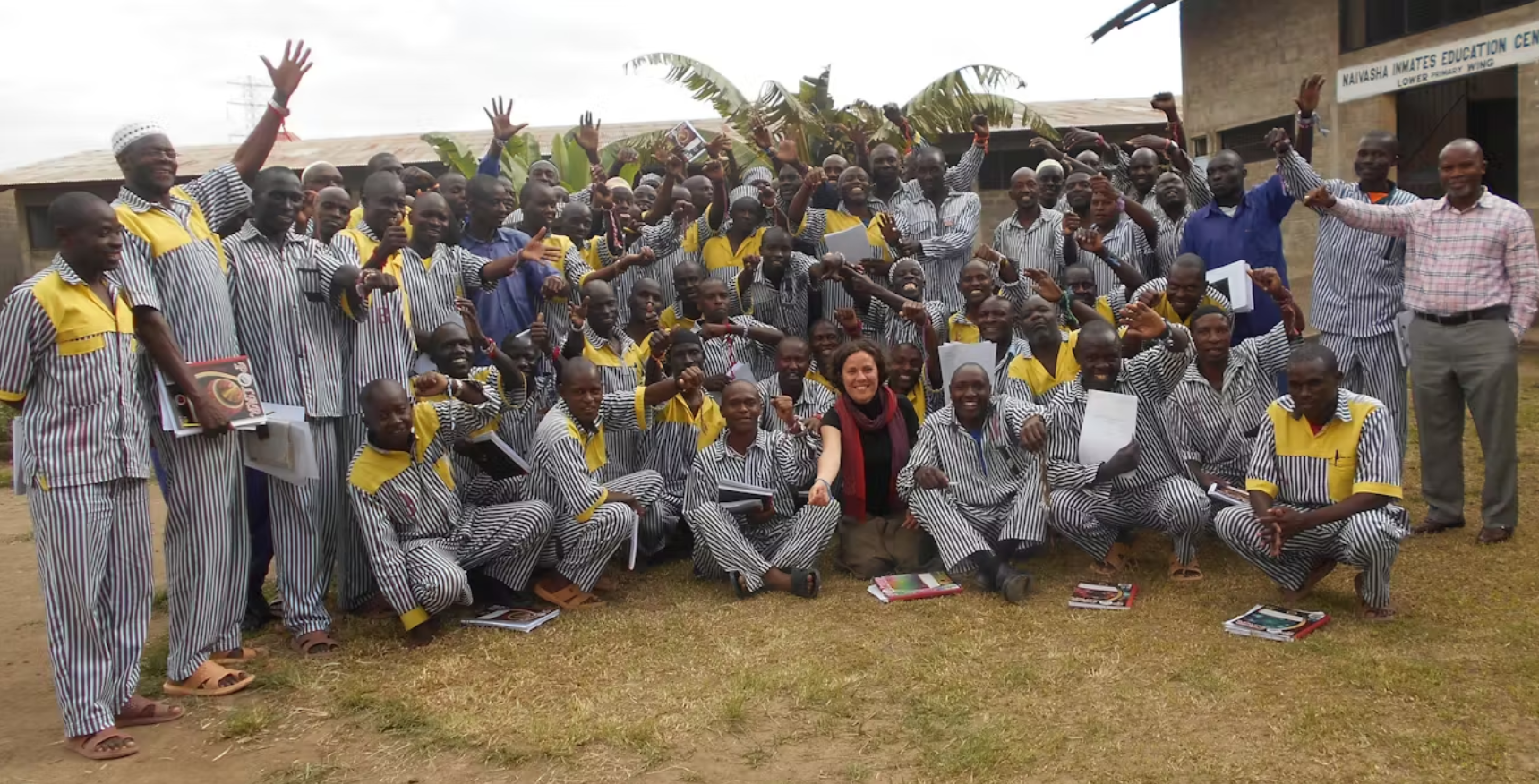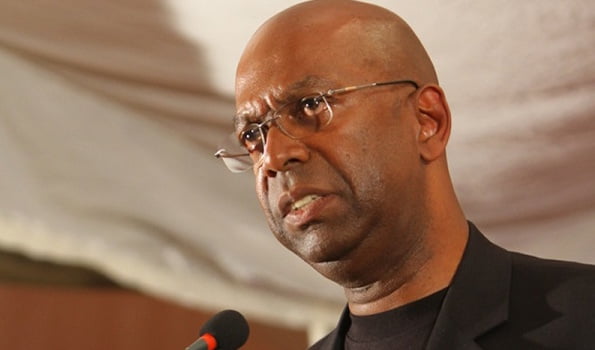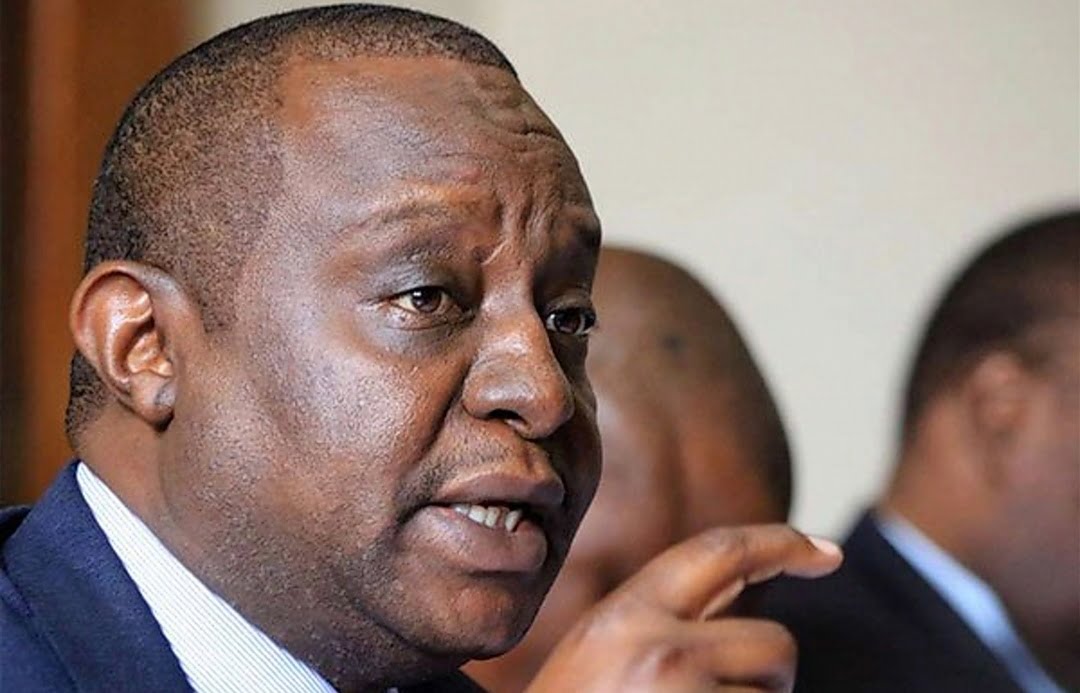Prisoners in Kenya are staring at a healthcare crisis after Mbagathi Hospital cut off medical services to the Kenya Prisons Service (KPS). The facility suspended all referrals of inmates due to an unpaid bill of over Ksh12 million.
The notice, issued in early August, has left prisoners with chronic illnesses in a dangerous situation, exposing a bigger problem of financial mismanagement in state institutions.
This is not just about one unpaid bill; it is about corruption, government negligence, and prisoners’ right to basic healthcare.

Mbagathi Hospital Debt Crisis Denies Prisoners Medical Care
Mbagathi Hospital is one of the few public facilities that inmates from across the city rely on for specialized care. However, since 2018, the hospital has been offering medical services to prisoners without full compensation from KPS. Out of the arrears, only Ksh6.7 million has been paid, leaving a massive outstanding balance of more than Ksh12 million.
In a notice to the prisons service dated August 4, the hospital declared it would no longer treat inmates until the money was fully paid. Hospital management argued that continuing to provide services without payment had become impossible. Essential medications and supplies were already running short, making it unsustainable to keep treating prisoners without settlement of the debt.
The suspension has left prison authorities scrambling for alternative healthcare providers. Yet, most public hospitals are already stretched, and private facilities are costly. Prisoners with chronic illnesses, infectious diseases, or urgent medical needs are now caught in limbo.
Kenya Prisons and a Trail of Mismanagement
This standoff between Mbagathi Hospital and KPS is not just about money. It exposes a deeper problem within the prisons system. The Ethics and Anti-Corruption Commission (EACC) recently flagged the Kenya Prisons Service for systematic corruption.
The report revealed that funds collected from inmates often disappeared without trace once prisoners were released. Families who sent money for basic needs sometimes found it never reached their loved ones. Such practices have left questions about whether the KPS can honestly claim it cannot afford to clear its medical debt.
It is not the first time state institutions have been caught in financial mismanagement. In 2024, Treasury data showed that 28 state-owned enterprises defaulted on loans worth Ksh266.5 billion. The government had to take on the burden, further straining taxpayers.
Treasury Cabinet Secretary John Mbadi announced earlier this year that parastatals with huge pending bills would no longer be allowed to access new loans. This directive was meant to stop reckless borrowing, but cases like the KPS show that mismanagement continues to choke service delivery.
Human Rights Concerns Over Prisoners’ Healthcare
The biggest victims of this standoff are not government officials but prisoners who depend on medical treatment to survive. Inmates with conditions such as tuberculosis, diabetes, and hypertension require regular care. Cutting them off from Mbagathi Hospital means their health is at serious risk.
This raises questions about Kenya’s commitment to upholding the rights of prisoners. The constitution guarantees the right to healthcare for every citizen, including those behind bars. Yet, financial mismanagement and unpaid bills have now stripped prisoners of this basic right.
Civil society groups argue that denying inmates medical treatment is a violation of human rights. The Kenya Prisons Service has a legal obligation to ensure the welfare of those in custody, regardless of financial disputes. Allowing debts and corruption to get in the way of healthcare exposes prisoners to unnecessary suffering and even death.
Conclusion
The suspension of medical services at Mbagathi Hospital is more than a debt dispute. It is a reflection of systemic corruption, weak accountability, and misplaced priorities within the Kenya Prisons Service.
Prisoners are paying the highest price for failures they did not cause. While officials drag their feet over payments, inmates continue to suffer without access to critical healthcare.
The government must urgently address this crisis by settling the debt and reforming the prisons system to stop misuse of funds. Anything less will be a blatant betrayal of justice and human dignity.











































